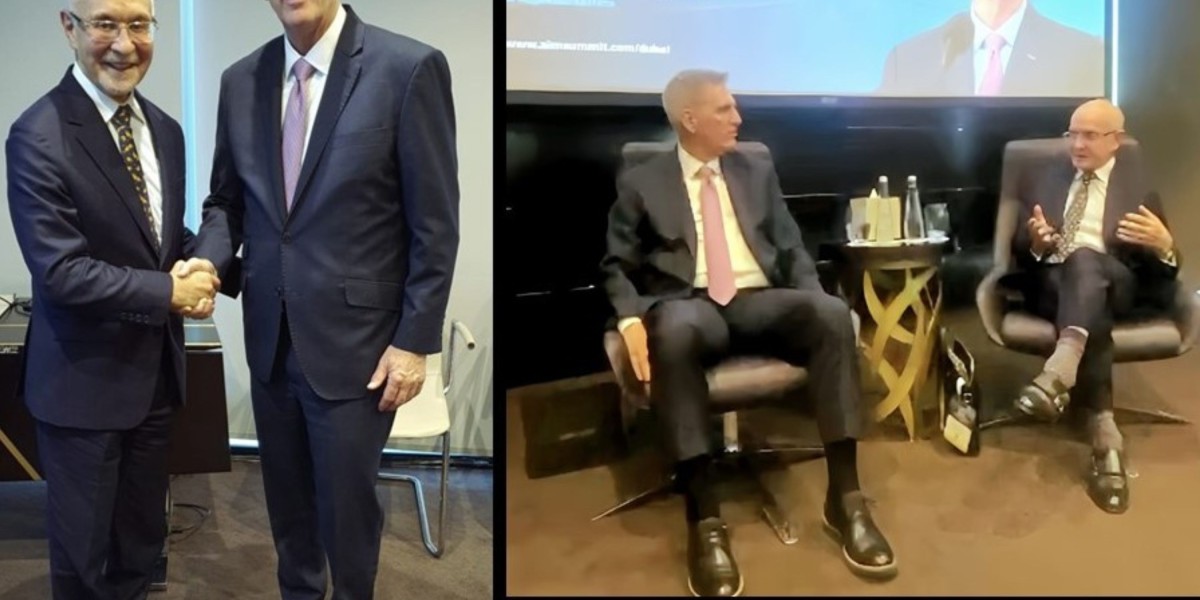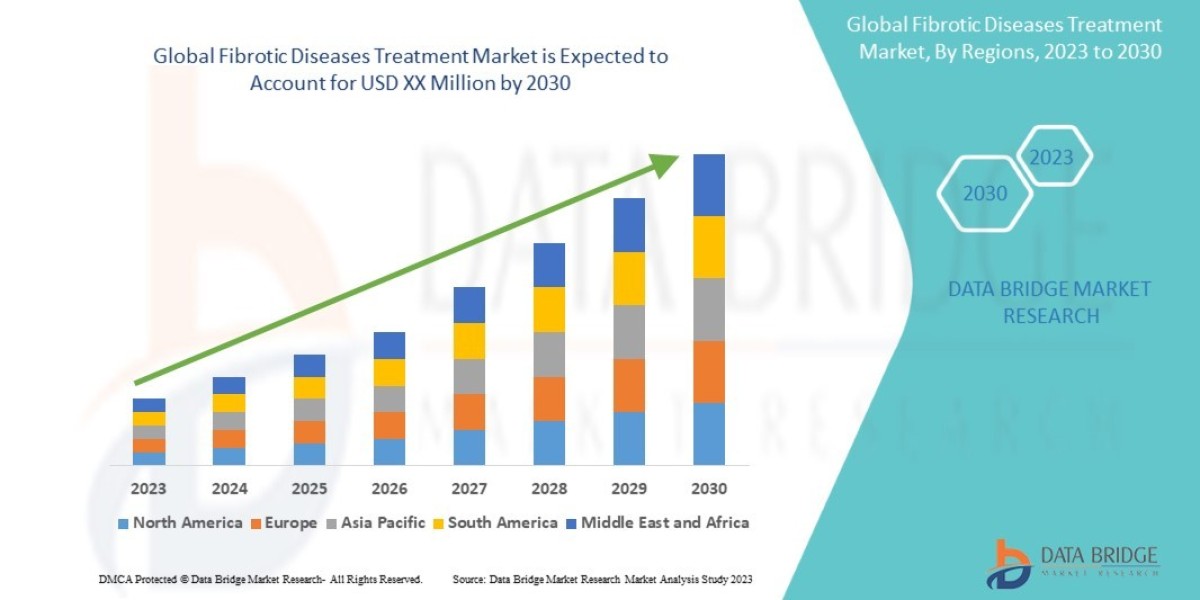In a world facing increasing economic volatility, rising sovereign debt, and shifting geopolitical landscapes, thought leaders and policymakers are gathering to share their perspectives on the path forward. At the AIM Summit Dubai roundtable with Kevin McCarthy, the former U.S. Speaker of the House delivered powerful insights on debt sustainability, political polarization, and the growing influence of emerging markets.
This blog explores Kevin McCarthy global sovereign debt insights, the lessons learned from past crises, and the strategic opportunities ahead.
1. Understanding the Global Sovereign Debt Challenge
During the Kevin McCarthy roundtable on global economy at the AIM Summit, McCarthy addressed the alarming rise in sovereign debt levels across advanced and developing nations.
Debt Growth: Many economies are facing unsustainable debt-to-GDP ratios.
Interest Rate Impact: As central banks tighten policies, debt servicing costs are surging.
Economic Risk: Unchecked debt growth can lead to fiscal instability, slower growth, and reduced investment capacity.
McCarthy emphasized that addressing these challenges requires a mix of fiscal discipline and policy innovation.
2. Political Polarization and Economic Decision-Making
Another major theme from Kevin McCarthy geopolitical trends Dubai discussions was the impact of political polarization on economic governance.
Slower Consensus: Divisions in political systems often delay crucial reforms.
Global Trust Deficit: Polarization reduces investor confidence in stable policymaking.
Need for Collaboration: McCarthy stressed the importance of cross-party collaboration to ensure that urgent fiscal measures are implemented.
This ties into the keyword Kevin McCarthy on cross-party collaboration, which was a central talking point at the summit.
3. Emerging Market Trends and Opportunities
The Emerging market trends at AIM Summit segment highlighted how developing economies are becoming engines of global growth.
Key takeaways included:
Demographic Advantage: Young, growing populations are fueling consumption.
Digital Leapfrogging: Many EMs are adopting advanced tech without legacy system constraints.
Investment Magnet: Infrastructure, energy, and fintech are attracting global capital.
McCarthy noted that while emerging markets present opportunities, investors must also be mindful of governance risks and currency volatility.
4. The Role of Global Forums Like AIM Summit Dubai
The Dubai leadership forum featuring Kevin McCarthy showcased how such platforms foster knowledge exchange and collaboration.
Leaders from government, finance, and technology convene to address systemic challenges.
The AIM Summit Dubai acts as a bridge between policy insight and market action.
Forums enable transparent discussions about shared economic risks.
This reinforces the importance of maintaining global dialogue in a fragmented geopolitical environment.
5. Strategic Insights for Policymakers and Investors
From the Kevin McCarthy insights from AIM Conference, five strategic priorities emerged:
Debt Transparency: Clear reporting and accountability on sovereign debt.
Sustainable Growth Models: Focus on diversification and innovation.
Resilience Building: Reduce reliance on volatile global supply chains.
Policy Cooperation: Work across political divides to stabilize economies.
Emerging Market Partnerships: Leverage opportunities while managing risks.
6. Sovereign Debt at AIM Summit Dubai — Looking Ahead
The session on Sovereign Debt at AIM Summit Dubai made it clear that the debt crisis is not a distant risk — it’s a present reality. With multiple nations already facing restructuring negotiations, the need for coordinated international action is urgent.
McCarthy argued that the next decade will be defined by:
Debt Restructuring Frameworks that prioritize economic stability.
Global Monetary Cooperation to prevent debt contagion.
Private Sector Engagement in sustainable financing.
FAQs
Q1: What are Kevin McCarthy’s key global sovereign debt insights?
A: McCarthy emphasizes fiscal discipline, transparent debt reporting, and political collaboration as critical tools to address the growing debt crisis.
Q2: Why is political polarization discussed in the context of the economy?
A: Political polarization often delays reforms, undermines investor confidence, and limits the ability to respond quickly to crises.
Q3: What opportunities do emerging markets present?
A: Emerging markets offer growth potential in sectors like infrastructure, renewable energy, and digital innovation but come with governance and currency risks.
Q4: What was discussed at the AIM Summit Dubai roundtable with Kevin McCarthy?
A: Topics included sovereign debt, political polarization, emerging markets, and the need for cross-party collaboration.
Q5: How do global forums like AIM Summit Dubai contribute to economic stability?
A: They foster dialogue between policymakers, investors, and industry leaders, leading to collaborative solutions for complex economic challenges.








